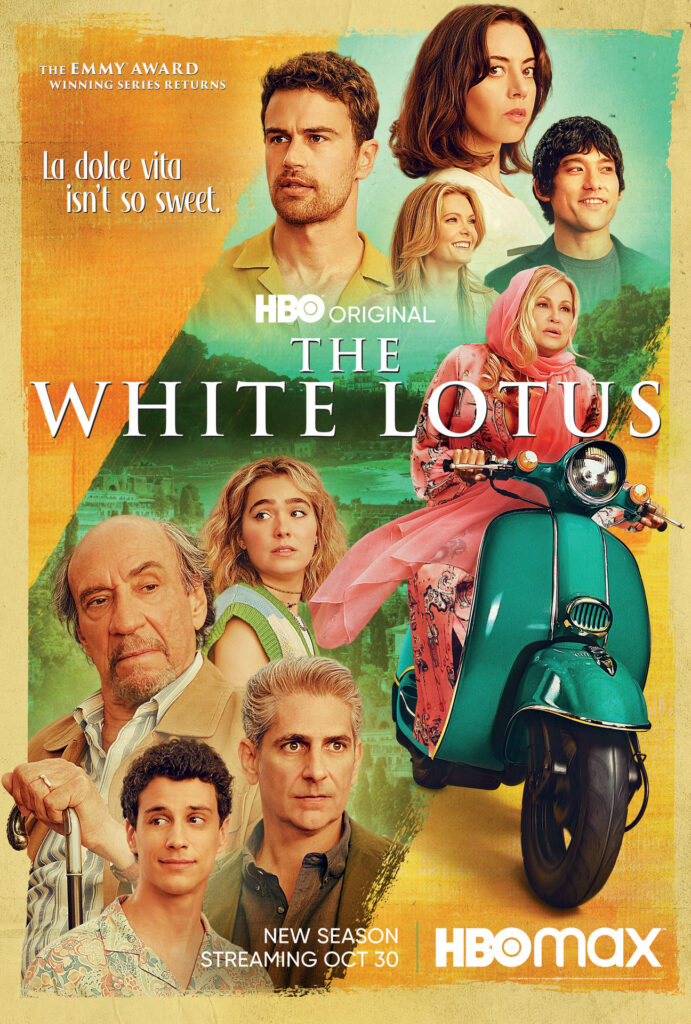The White Lotus Christian Review

“The White Lotus” is a show, eh? You know, it really must be the keyhole view into that world of luxury and human complexity. Consider this plush resort, with rich guests mingling with dedicated staff, and their secrets, desires, and class conflicts all start to unwind within the span of a week. Isn’t this kind of like looking at life under a microscope?
Revealing Human Nature
What really works in “The White Lotus” is to things that show us just how fragile and messy human dealings can sometimes be, especially where money and status come into play. It’s not hanging out by the pool or wining and dining; more about the simmering tensions underneath the surface when people from different walks of life get rammed into a small space. As Christians, we are taught to ‘love our neighbors’ and to ‘treat others as we would want to be treated.’ In this series, however, we get to see how easily these ideals can be put aside when self-interest and privilege take center stage.
“The White Lotus” characters aren’t all bad, obviously. They are human beings with flaws and really vulnerable sides, as with all people. Yet, what stands out in this story is how all these flaws are magnified against the luxurious setting of a resort. There, under the dazzling sunshine and amidst swaying palm trees, little could cloak the dark sides that some of those holidaymakers concealed within themselves. As audiences, we are made to reflect on how we are living our lives and how we would react if put under such circumstances.
Wealth and Its Traps
Much is unpacked in the portrayal of wealth and its pitfalls in “The White Lotus.” On one hand, it is a celebration to self as a beautiful and excessive resort where every whim is catered for and each need met. It gives reason enough for why one would ever need an escape like this. On the other, however, it begs questions of the price of such luxury both for its users and for the people serving them.
It is thus an invitation to reflect on Jesus’ teachings while, at the same time, warning against an attachment to riches and worldly power generally. It is not the money itself that’s intrinsically bad but the love of money and how it mars our priorities and relationships. Indeed, in “The White Lotus,” we get to see characters wrestling with just these sorts of problems. Some seems extraordinarily oblivious to their privilege, while others are ridden with guilt or just plain unhappy despite all their material comfort.
Nor does it shrink away from depicting a clear level of disparity between guests and resort staff. Class disparity hits to the degree whereby there seems to be a feeling of tension resulting from it, and often enough, staff have to take the brunt of demanding and entitled guests. It’s a zeitgeist-laden reminder of the larger social issues of inequality and injustice that prevail beyond those walls.

Moral Ambiguity and Reflection
Maybe the toughest thing with “The White Lotus” is the portrayal of moral ambiguity: none of the characters would fit under the category of heroes and villains, much more so under people with very contradictory motivations and desires. That is what makes it interesting, but at the same time, perhaps a cause for uneasiness in the viewer. As Christians, we are invited to make distinctions between good and evil and to seek moral clarity as much as possible in our lives; however, in the world of “The White Lotus,” those lines are often blurred.
It invites us to make some sort of personal evaluation of the values and priorities in our life. What would each of us have done in the place of those very characters? How are we to deal with their temptations and pressures? That’s a pretty humbling thought experiment that presses on us the requirement to turn our reflective eyes inward onto our own hearts and actions.
Meanwhile, “The White Lotus” doesn’t shy away from easy moments of humor and satire. It makes light of those absurd aspects of extreme wealth and privilege, and it leaves one with a critical window into the excesses of modern existence. There is something purging about watching these characters wrestle with their own defects, even though it isn’t easy sometimes.
Final Thoughts and Rating
Ultimately, “The White Lotus” is such a philosophical miniseries that drives home significant themes regarding human nature, wealth, and morality. For those in the mood for something light and engaging, with sweetness, this certainly isn’t the way to go. As Christians, the themes and content may give us a lot to struggle with, but that isn’t intrinsically bad. It challenges us because it makes us grapple with the complexities of the world around us and fosters deeper understanding and empathy.
I would give it a 6-out-of-10 rating. It is thought-provoking and very well done, but its level of explicitness and ambiguous moral tone are just not likely to appeal to everyone, particularly a spiritually edifying person. This is the kind of film that’s worth watching with a discerning eye and an open heart, ready for an uncomfortable truth about human nature and society.






